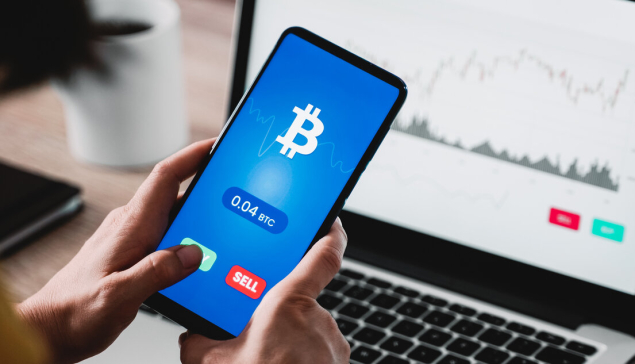Different Countries, Different Rules
There’s no single global standard yet. In some regions, crypto casinos are embraced, while in others, they’re restricted or outright banned. Europe is pushing ahead with frameworks like MiCA, designed to create consistency. The U.S. is tightening oversight on exchanges and betting platforms. Meanwhile, parts of Asia and Latin America are experimenting with sandboxes, letting innovation grow under lighter supervision.
Why It Matters for Casinos
For casino operators, global regulation means adapting to multiple legal environments. A platform serving European players might need stricter KYC and anti-money laundering measures, while another in Asia may have more flexibility. The key trend: casinos that comply will earn trust, while shady platforms risk being shut out of markets.
Gaming Tokens Under the Microscope
Regulators are also watching gaming tokens and NFTs closely. If an in-game asset can be traded for real money, it might fall under gambling or financial laws. This blurs the line between play and finance. Developers are learning to design systems that stay fun but also compliant, keeping both players and regulators happy.
The Push for Transparency
A big theme in global regulation is transparency. Casinos and DeFi gaming platforms are being asked to show where funds come from, how payouts work, and whether odds are fair. While this adds pressure, it also helps legitimate projects stand out in a crowded, risky market.
Closing Thought
Global regulation isn’t about killing crypto. It’s about shaping it into something sustainable. For players, it means safer bets. For platforms, it means more responsibility. The future of crypto, casino, blockchain, game, gaming and bet will depend on how well innovation and regulation find common ground.
- Global regulation
- Hits: 81






